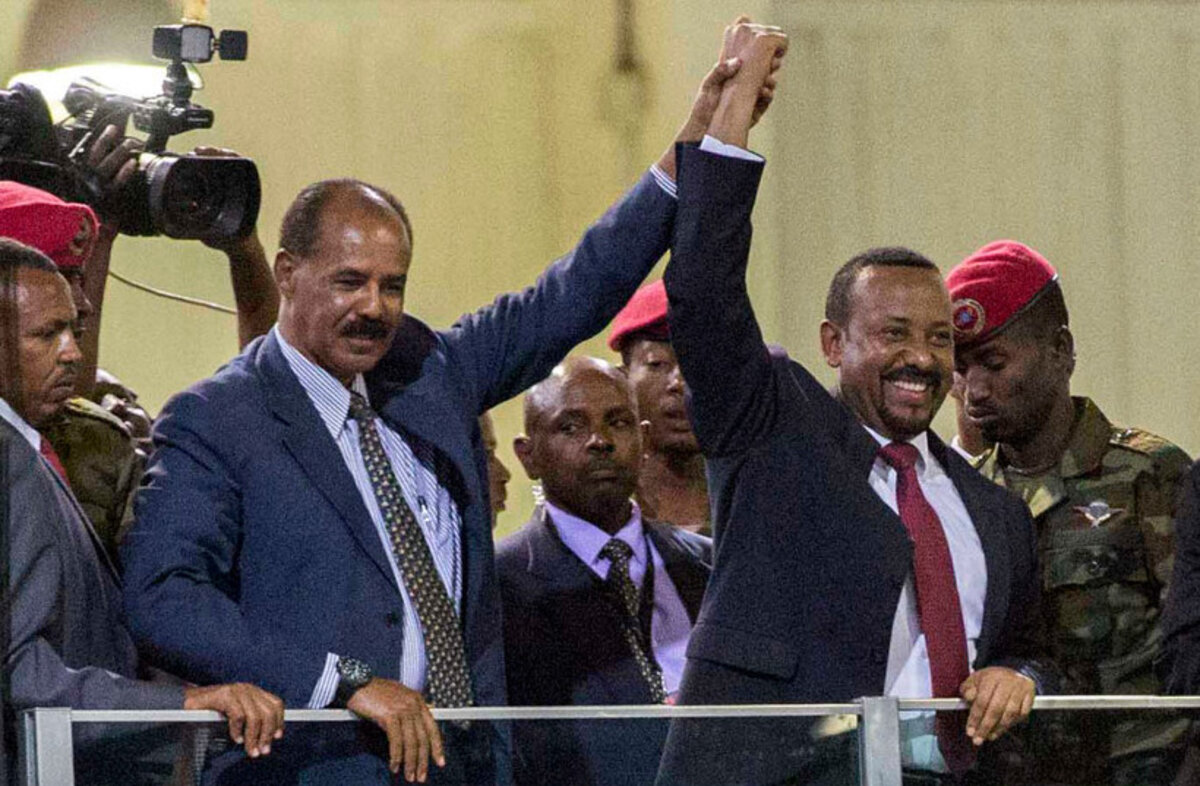A summit between US and Russian leaders is by definition a big diplomatic moment. But what captivated many on Monday was what didn't happen, what wasn't said.
Monitor Daily Podcast
- Follow us:
- Apple Podcasts
- Spotify
- RSS Feed
- Download
 Marjorie Kehe
Marjorie Kehe
It isn’t often that we see good news coming out of Mauritania.
The Western Saharan nation struggles with severe poverty, with about 20 percent of Mauritanians estimated to live on less than $1.25 per day. Human slavery remains rooted in the country’s culture, with as many as 1 in 5 Mauritanians believed to live in bondage. And for women, life can be particularly severe in a country governed by sharia (Islamic law).
But the Israeli newspaper Haaretz did a recent feature on a surprising aspect of Mauritanian life: the popularity of all-female banja bands.
Some troupe members drum, allowing others to choreograph wild and vibrant dances. At the same time they sing hip-hop-like songs in either Arabic or Berber. The songs “tell of everyday problems, the women’s numerous tasks, their love or hatred of their husbands and, occasionally, the status of women in this country dominated by the Sahara.”
These evenings are for women alone. Most participants are older than 40, and they perform only for other women. “This is an evening of women’s dancing, for women,” one troupe member told Haaretz. It’s “a liberating evening in which we can enjoy ourselves without male supervision.”
Sometimes it’s also a source of income, as they occasionally perform at weddings and other family celebrations.
It’s a surprising tradition in a country little known for its freedoms, especially for women. But it’s also a good reminder that we should never underestimate the power of the creative spirit to find a way to lift and enrich the human experience.
Now to our five stories for your Monday.










